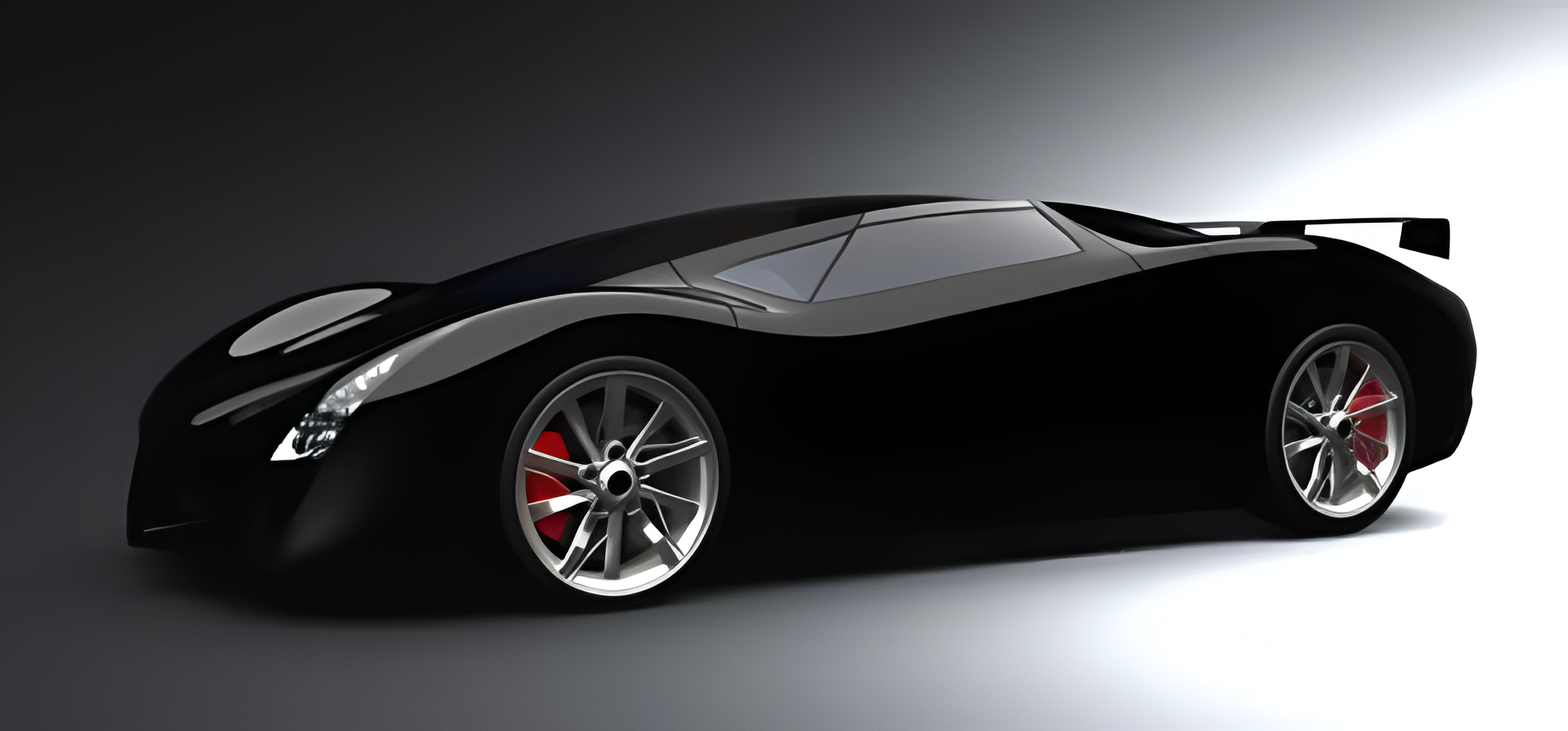
Mega Engineering Vehicle has developed Zero Emission Super Sports Car Concept with Mega’s Electric Sport Cars.
Electric Sports Cars – The Future of High-Performance Driving
Electric sports cars are no longer a novelty or passing trend—they represent a rapidly growing and evolving segment within the automotive industry. While still in its early stages, the electric sports car market is already showcasing some truly thrilling innovations from leading performance brands such as BMW, Porsche, Lamborghini, Ferrari, and Acura.
Though the production of pioneering models like the Tesla Roadster and Mercedes-AMG SLS Electric Drive has ended, the push toward electrification in sports cars remains strong. While pure electric sports cars are currently limited, hybrid powertrains combining electric motors with gasoline engines are propelling many of today’s most exciting performance vehicles—delivering faster acceleration, improved efficiency, and lower emissions.
Power & Performance
Electric and hybrid sports cars deliver outstanding performance by blending electric torque with internal combustion power. One such example features a 357-hp hybrid system powering all four wheels. In testing, it reached 0–60 mph in just 3.6 seconds, demonstrating how electrified systems can enhance acceleration and responsiveness. However, performance can still be influenced by eco-focused components like low-resistance tires and regenerative braking, which slightly temper driving dynamics.
Advanced Materials & Lightweight Design
At the heart of electric sports car engineering is the use of composite materials—such as aluminum and carbon fiber—to dramatically reduce vehicle weight while maintaining structural integrity. These materials are critical to maximizing performance and efficiency, and they have long been favored in aerospace, motorsport, and luxury vehicle manufacturing.
From the Boeing 787 Dreamliner to exotic cars from Lotus and Ferrari, composites offer a high strength-to-weight ratio, improving speed and energy conservation. But beyond performance, they also play a vital role in safety, absorbing energy during impacts and providing superior crash protection.
A Look Ahead
The future of electric sports cars is bright. With rapid advancements in battery technology, drivetrain efficiency, and lightweight construction, fully electric performance cars are poised to become more common and more capable than ever before. As innovation continues, expect to see more pure EVs that rival or even surpass their gasoline-powered counterparts—delivering thrilling speed, sustainable power, and cutting-edge design.

